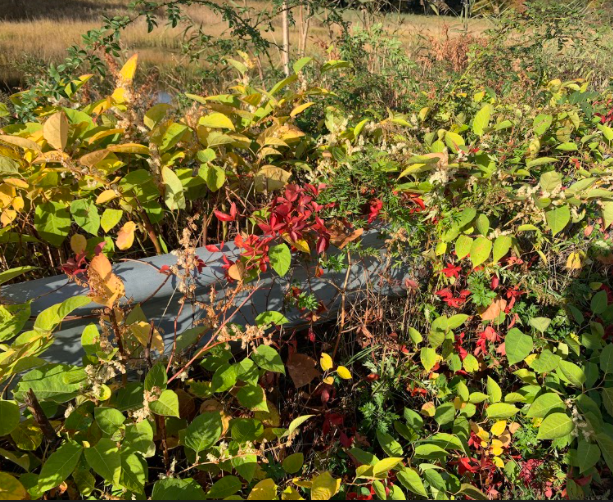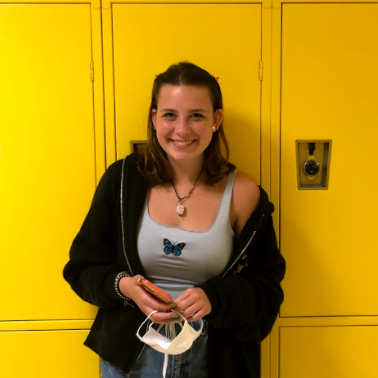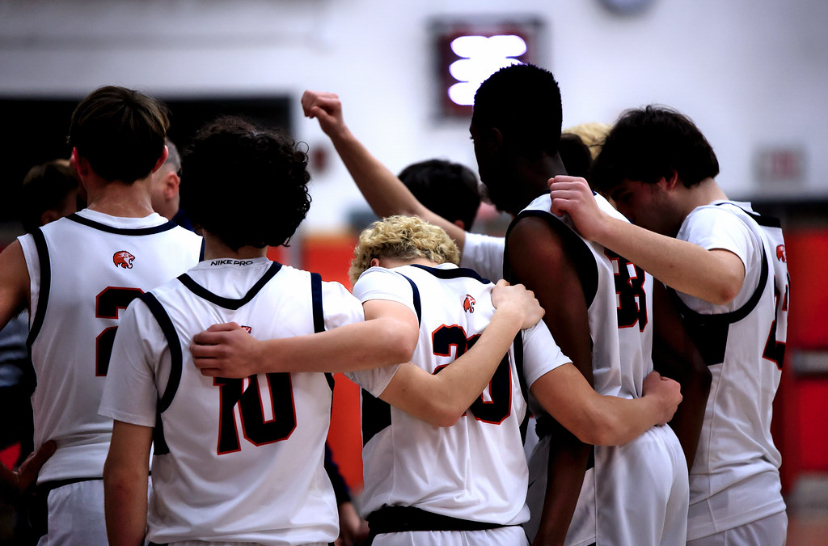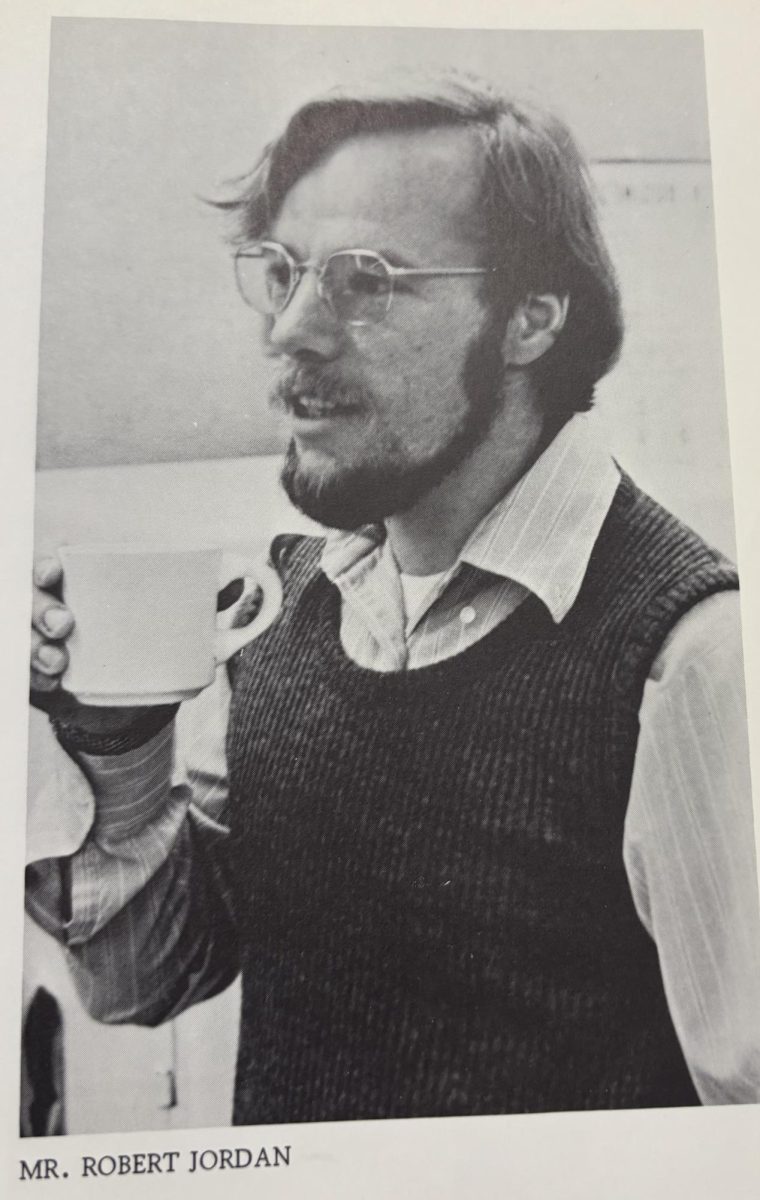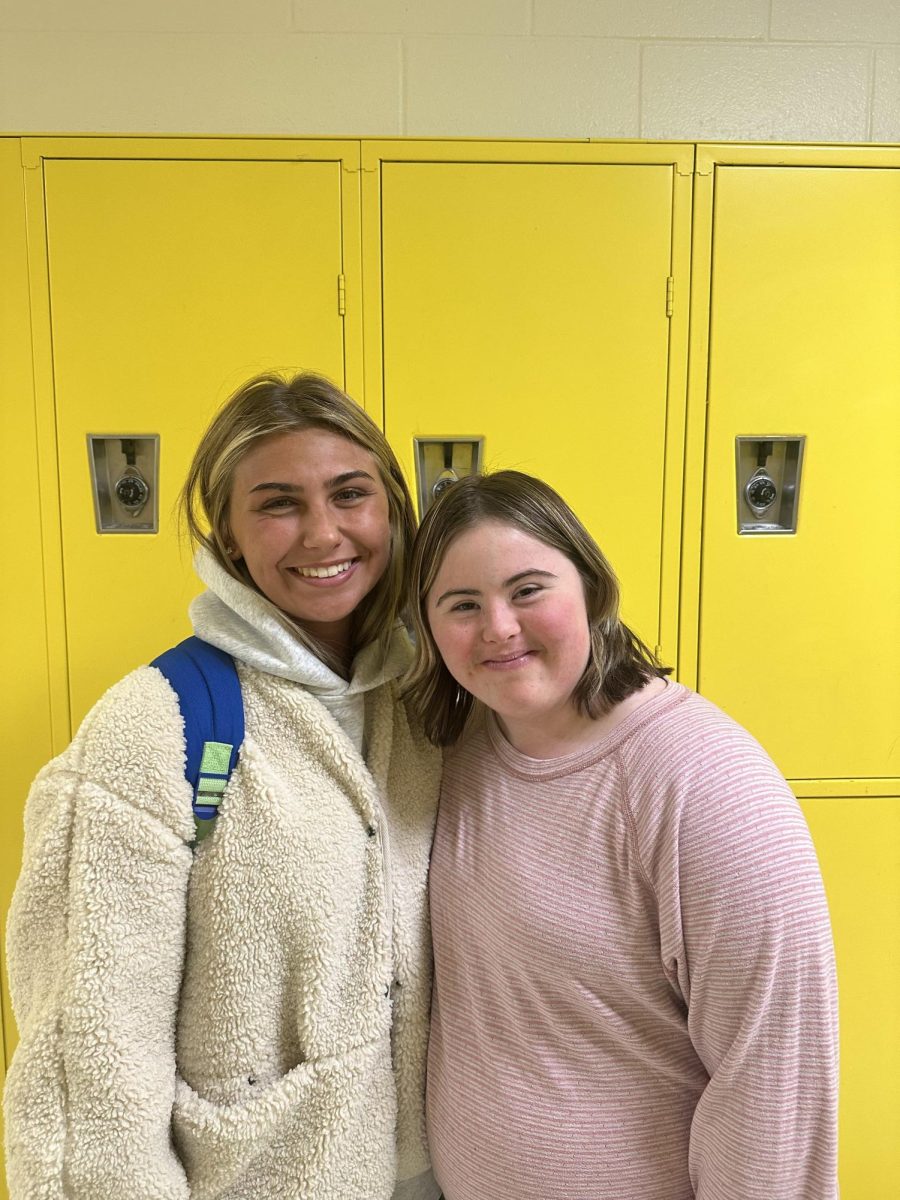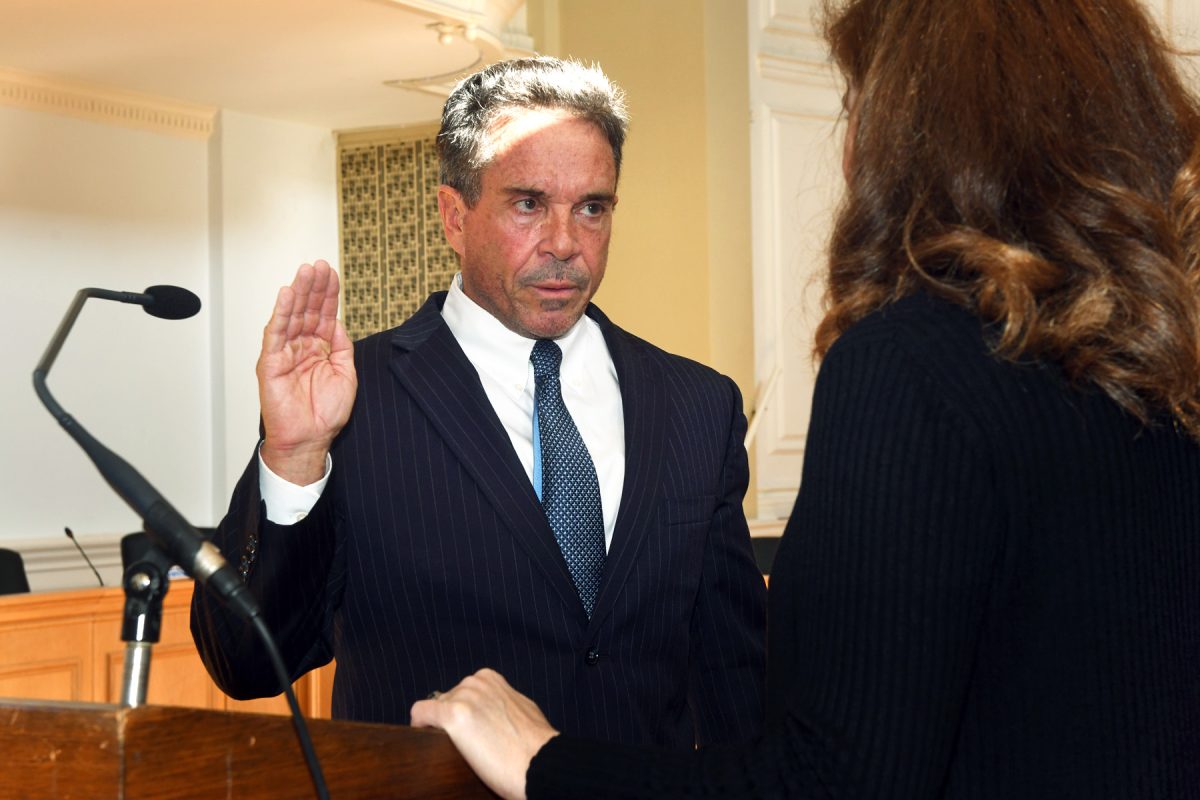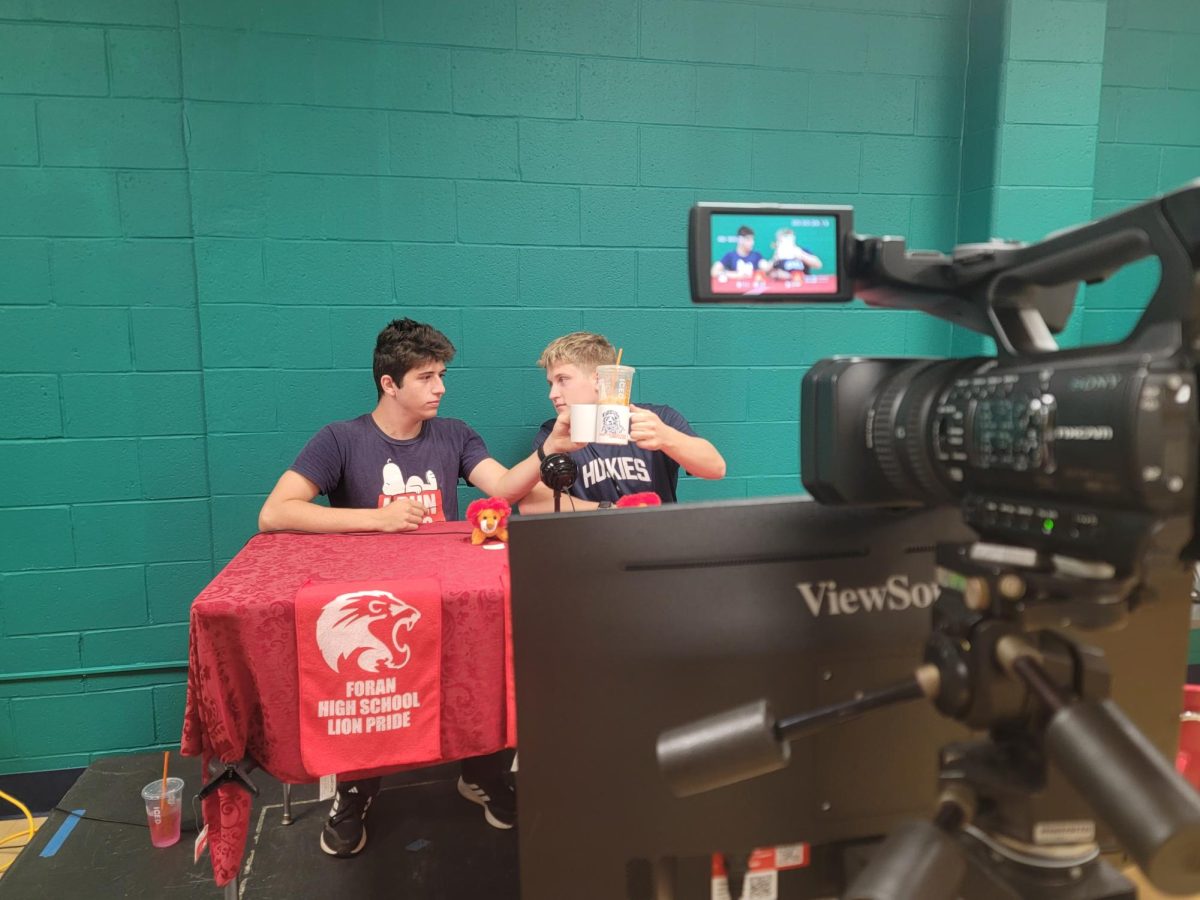Understanding the Impact of the Climate Crisis
A Modern Earth: Vines cover a guardrail near Fort Trumbull.
December 21, 2021
For centuries, people have hypothesized about the end of civilization: will there be plagues, a great explosion, a terrible war? While climate change is slightly less dramatic and occurs much more gradually than any of these events, its effects could be just as devastating to society.
“Climate change poses even more of an existential threat to humanity. In recent months, major economies have been struck by a string of extreme weather events — record rainfall in China, flooding in Germany, wildfires in America,” states Ellen Johnson Sirleaf, former president of Liberia.
AP Human Geography teacher, Ms. Jessica Hoffer, states, “In order for a society to have some level of success, it needs to be able to sustain their population, and sustainability is rooted in agriculture. The stronger the sustainability, the better it will be able to use a surplus to better the economy and help other countries through the process of trade.”
With growing climate concerns, many places are growing further and further away from sustainability. In turn, this could have implications for even the most developed countries. However, the impact is not just economic.
Locally, climate change is already being seen. According to the EPA, greenhouse gas emissions “have warmed the surface and lower atmosphere of our planet about one degree during the last 50 years.”
While this may not sound like a lot, any warming of the surface of the Earth can lead to more evaporation, causing high humidity and heavy rainfall in the northeastern United States, as well as droughts in other areas.
Patrick Comins, Executive Director of the Connecticut Audubon Society Coastal Center in Milford says, “The environment is a mixed bag.”
He states that while there have been many successes in conservation and protection of different bird species, there have been lingering impacts of climate change, such as a rising average sea level.
However, Comins also says that moon cycles have quite an impact on rising sea levels, so they may also play a role.
Regardless, climate change is not an impossible issue. There are many ways people can work to reduce carbon emissions and therefore the advance of climate change.
“A huge way that we could stop climate change that a lot of people don’t think of is to stop eating beef,” says Hoffer.
Cows release methane into air, causing global warming; if people decrease the need for beef, they decrease methane emissions. Scientists have developed a special feed made of seaweed that releases less methane. It is more expensive, but according to Hoffer, “In the scheme of things, seaweed is a better investment.”
According to the United Nations, there are many things people can do other than giving up meat. Some examples include recycling, wasting less food, using more energy-efficient modes of transportation, and switching to more sustainable energy sources.
“There are a lot of natural based solutions that will help our wildlife and habitats to be more resilient and to trap more carbon which will be helpful,” says Comins, “Smart planning of development and transportation will have to be a part of that equation and trying to protect as much open space as possible.”
Comins also says that making sustainable “personal choices” and reducing one’s “carbon footprint” will make all the difference. Small changes could make long term solutions.
“Let’s fix the problem now instead of trying to fix it later,” says Hoffer.


